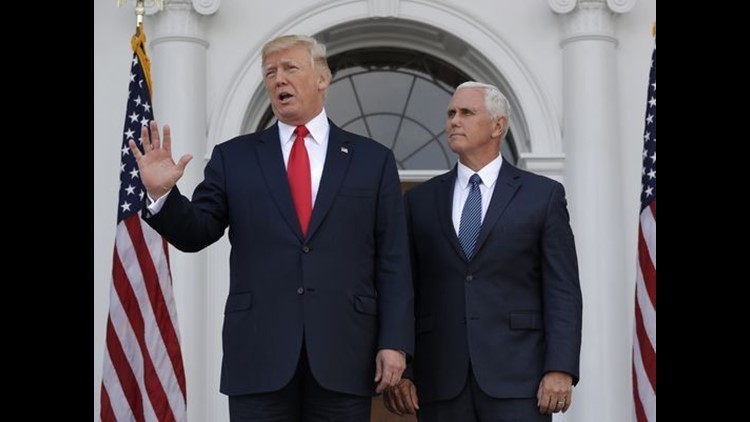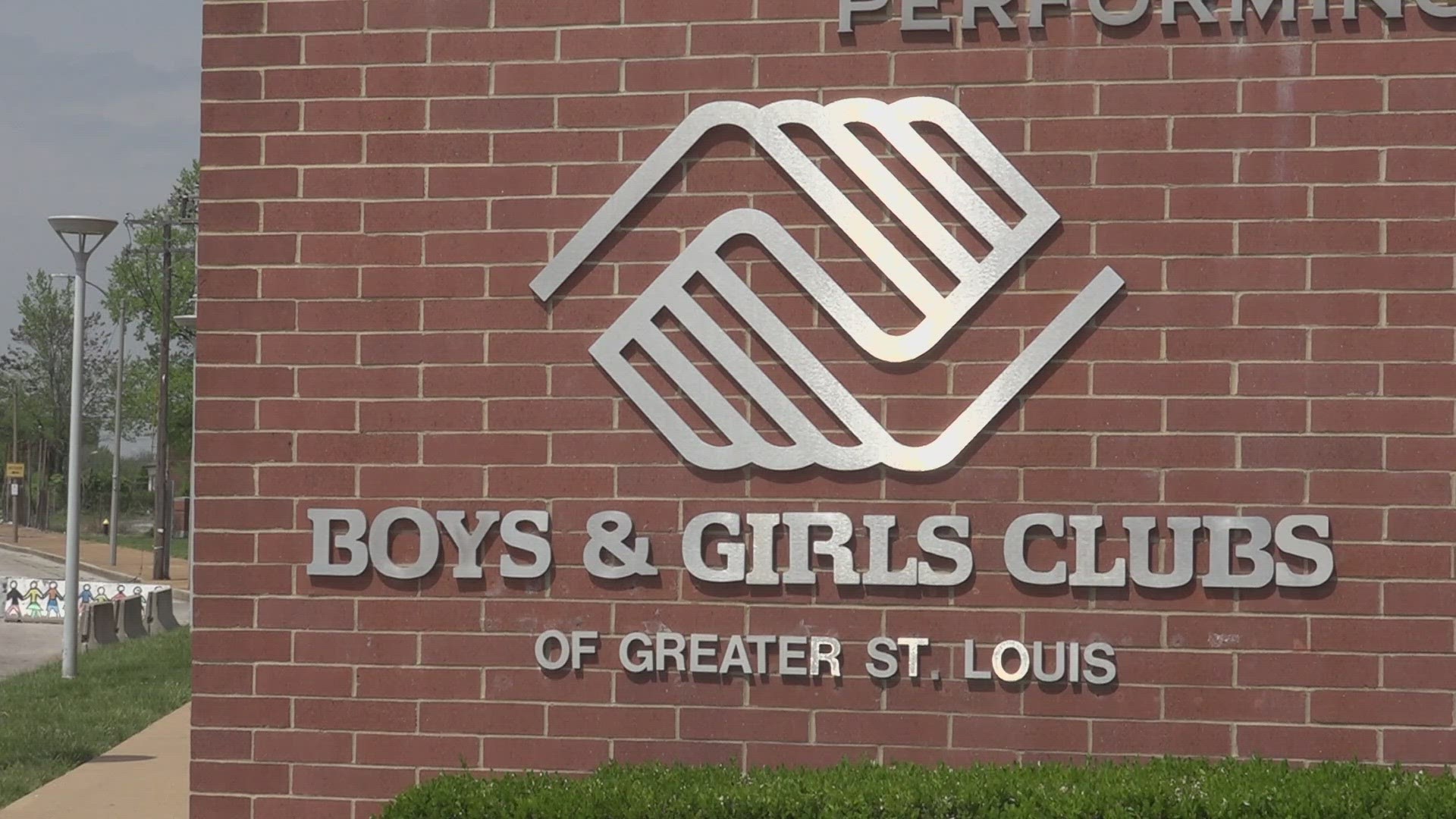President Trump said Thursday he intends to declare a state of national emergency in response to the opioid crisis, a move that would give the federal government expanded powers and additional resources to prevent and treat overdoses.
“We’re going to make it a national emergency," Trump said from his New Jersey golf club. "It is a serious problem the likes of which we have never had."
Trump said he is "drawing documents now" to officially label the crisis as a national emergency, a formal action that would have both symbolic and legal power. The last time a president took similar action was in 2009, when President Obama declared a one-year state of national emergency to prepare for the H1N1 influenza virus.
A formal presidential declaration — when coupled with a public health emergency declared by the Secretary of Health and Human Services — would give the administration additional powers to waive health regulations, pay for treatment programs, and make overdose-reversing drugs more widely available.
"Declaring it a national emergency instantly identifies this crisis as the most important public health emergency we've had since this nomenclature came about," said James Hodge Jr., a law professor at Arizona State University who specializes in public health law and emergency preparedness. "This is that serious of a crisis."
Hodge said presidential action would focus national attention on a disease killing an average of 150 Americans a day. The governors of Alaska, Arizona, Florida, Maryland and Virginia have issued some form of emergency declaration on opioids in their states.
A presidential proclamation could also trigger some very specific tools for federal and state governments. They include:
► The availability of grants from the Public Health Emergencies Fund. Health and Human Services Department wouldn't say how much remains in that fund, but congressional sources But that fund has a balance of just $57,000 after Congress failed to replenish it after last year's Zika virus outbreak.
► A suspension of some of the patient privacy provisions of the Health Insurance Portability and Accountability Act of 1996.
► Waivers to some Medicaid rules that forbid the federal reimbursement of for admissions to mental health hospitals, which have traditionally been a state responsibility.
"It is a serious problem the likes of which we have never had," Trump said. "You know when I was growing up they had the LSD and they had certain generations of drugs. There’s never been anything like what’s happened to this country over the last four or five years. And I have to say this in all fairness, this is a worldwide problem, not just a United States problem.”
Trump's remarks represented an about-face from earlier this week, when Health and Human Services Secretary Tom Price all but ruled out an emergency declaration. Price said the administration has the resources it needs to combat the epidemic without formally invoking the emergency powers.
"The president certainly believes we should treat is as an emergency, and it is an emergency," Price told reporters after meeting with Trump. "Look, when you have the capacity of Yankee Stadium or Dodger Stadium dying every single year in this nation, that's a crisis that had to be given incredible attention, and the president is giving it that attention."
An interim report from a White House commission issued last week called for a national emergency in response to the opioid epidemic.
– Nicholas Pugliese of the Bergen Record contributed from Bedminster, N.J.



